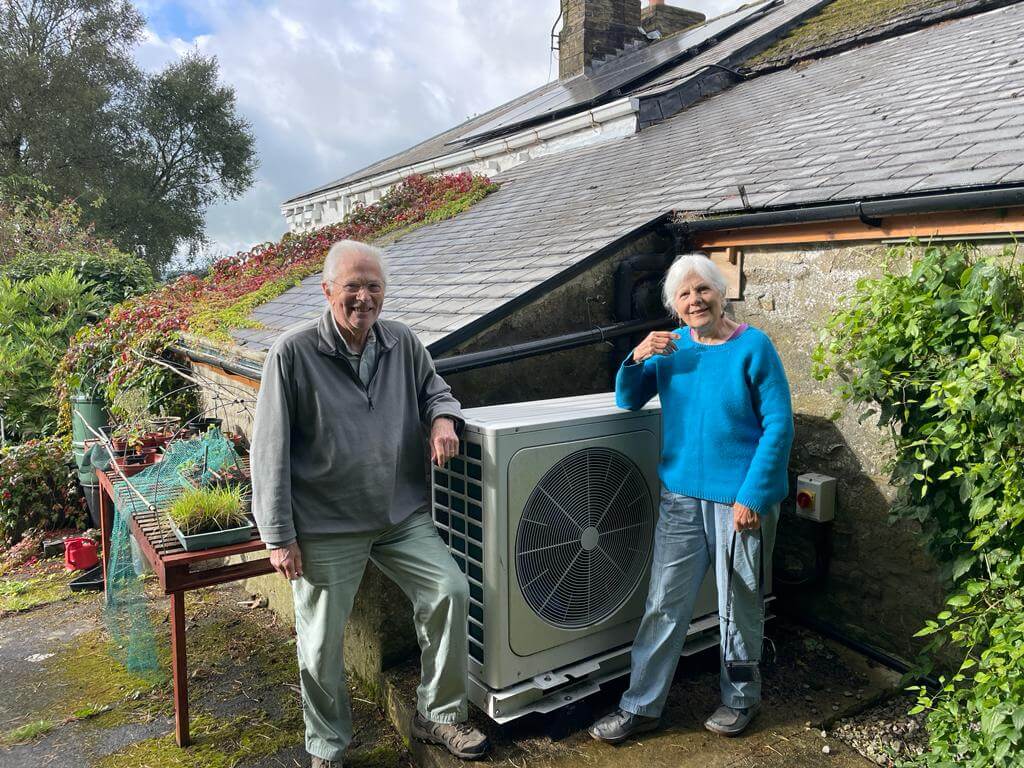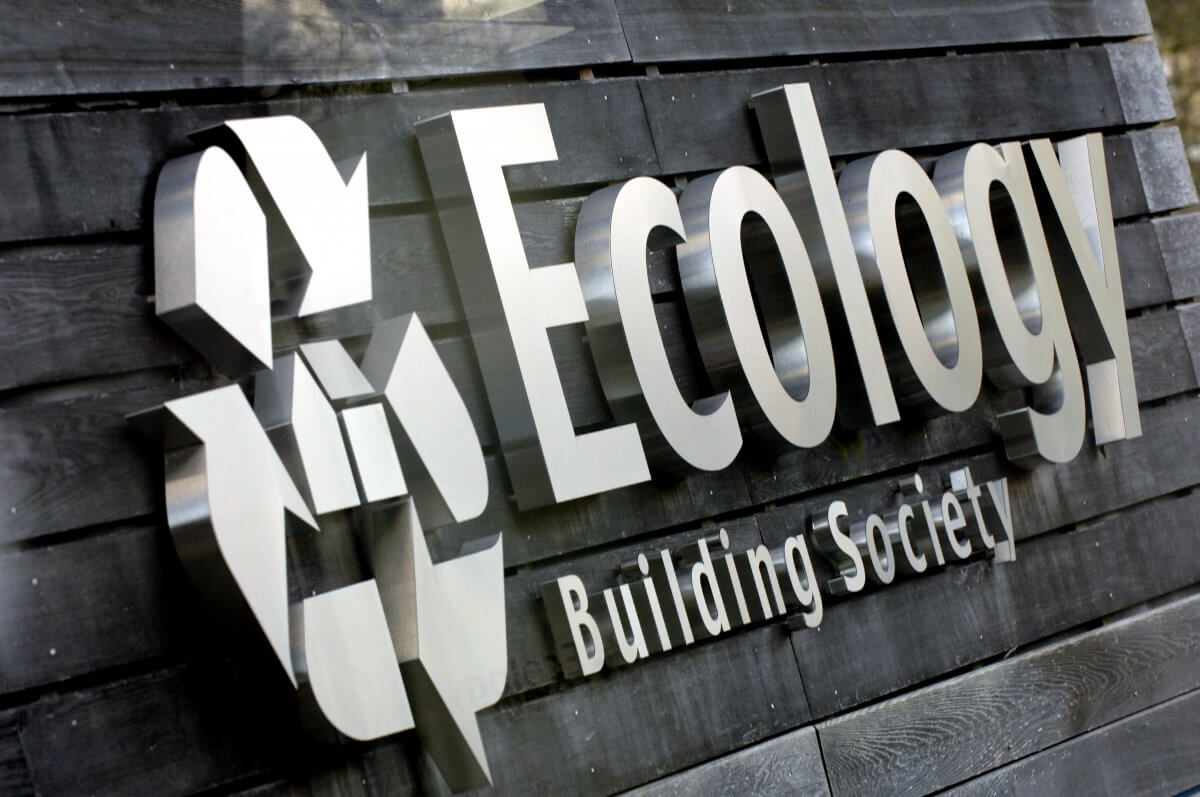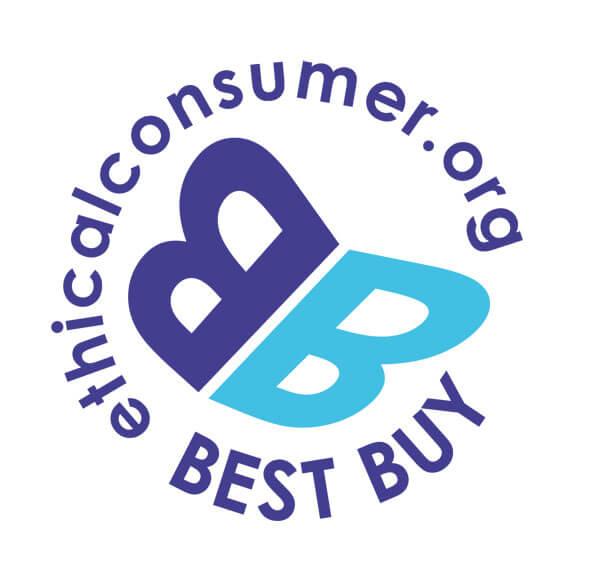Sustainable Saving: Do I Know Where My Money Goes?

According to the United Nations, global emissions need to reduce by 45% by 2030 compared to 2010 to stop the worst effects of the climate crisis.
Despite this urgency, as we saw in our previous article, the world’s 60 biggest banks have invested $5.5 trillion in fossil fuels since the 2015 Paris Agreement. It’s not just fossil fuels: rainforests are being destroyed at an alarming rate by transnational corporations for products such as palm oil, soy, beef, timber and paper, not only contributing to the climate emergency but destroying delicate eco-systems, traditional farming techniques and whole communities. Together with issues around human rights violations, arms dealing, gambling and tobacco, there is a great deal of business around the world today we might regard as unethical and/or environmentally unsustainable.
Banks and Sustainability
Banks and other financial institutions actually play a crucial role in this. Trillions of dollars are being invested in coal, gas and oil production. Banks also finance high carbon-emitting sectors such as manufacturing, transport, steel production, petrochemicals as well as agricultural sectors that impact on forests and other eco-systems.
As a sustainable saver, the question, then, is this: Are my savings being used to finance these industries?
Actually, do you know where the money in your savings account goes?
This can be difficult to determine. Many companies do not disclose the environmental or social impact of their business or may have complex supply chains. Lack of disclosure or transparency is also a good warning sign to steer well clear of them!) On the other hand, because large banks have such a diverse business it is unlikely you could trace exactly how your money is being used.
Smaller, ethically-driven banks such as Charity Bank or Triodos or building societies (whose money funds mortgages) are generally much more transparent. If you look at The Good Shopping Guide’s (GSG) ethical comparison table of banks and building societies, you will see that the top 10 ranking ethical institutions are dominated by small niche banks and building societies. Ratings are determined by several factors including environmental policy and destruction, irresponsible lending, political donations, responsible investment policy and mutual status. Their benchmark score is 75 out of 100. Ecology has a score of 98 (second highest!). Natwest and RBS have scores of 33, Santander 25, Barclays and HSBC 21.
Download our sustainable Savings guide
Saving Sustainably – Who Can You Trust?
If you want to save sustainability, who can you trust with your savings?
The major High Street banks’ and other large financial institutions’ attitudes to a sustainable future are mixed and non-committal. Despite their stated commitments to a carbon neutral future what they say is not always backed up by genuine positive action and not simply a case of ‘greenwashing’.(link to previous blog).
Another challenge for sustainability is the way some of these businesses work. Large financial institutions are usually multinational corporations investing in, underwriting and lending to a diverse client base and whose business model is driven by shareholders seeking a quick and healthy return of their investments. In the case of many CEOs short-term shareholder profit is a higher priority than a longer-term sustainable planet.
On the other hand, smaller niche banks such as Charity Bank or Triodos or building societies like Ecology are mutuals, owned by their members. It is worth noting that, with the exception of Virgin Money, all the providers who achieved The Good Shopping Guide’s benchmark score or above have mutual status.
Benefits of Mutuality
Building societies are owned by their members, who are also their customers. This ownership structure leads to a strong customer-centric focus as decisions are made with the members’ best interests in mind. In the case of Ecology, our members are concerned about sustainability and the living environment. So we use our members’ savings to fund mortgages only to individuals and communities that make a positive environmental impact as well as giving our savers a fair financial return. As a mutual, we prioritize building long-term relationships with our members rather than maximizing short-term profits. Indeed, profits generated by a building society are often distributed back to its members in the form of better interest rates on savings, lower mortgage fees, or improved services rather than being swept up by anonymous shareholders.
Other benefits of mutuality include:
- Financially Focused: Mutuals are usually very focussed on their financial activities, for instance only offering mortgages or funding projects and businesses that have a positive environmental or social outcome.
- Risk Averse and Sustainability: Generally mutuals are less inclined to engage in excessively risky ventures and are focussed on sustainable growth rather than rapid expansion.
- Responsive To Members’ Needs: Often rooted in specific communities and with a close connection to their members mutuals can be more responsive than the larger banks to the unique financial needs of their members and local communities. For instance Ecology is one of the few lenders happy to finance homes that need significant renovation work or are deemed ‘unmortgageable’ by other mortgage lenders. More than that, we can offer expert advice on the actual renovation of the property itself!
- Participation and Influence: Members typically have a say in the governance of a mutual, often through voting or representation. For an example of how Ecology members get involved, check out 2023 AGM and Members’ Meet-Up.
- Social Responsibility: Mutuals may be more inclined to align their business and financial practices with ethical considerations and social responsibility, appealing to members with like-minded values.
- Transparency: Because mutuals are owned by their members and often driven by specific ethical or environmental considerations, transparency is crucial for trust and understanding of the organisation. On our own website, for example, not only can you download our Annual Reports or 2030 Strategy but view information about our sustainability and environmental policy, our fair pay commitment, and even our HQ environmental specification!
Knowing exactly where your savings goes can be difficult to determine in large financial institutions with complex lending and underwriting structures, driven by shareholder profit and where future environmental and ethical commitments are undermined by current investment in fossil fuels and deforestation.
Integrity and transparency is key to understanding where your money goes. That’s why at Ecology we are up-front about our commitment to providing funds for properties and projects that have a positive environmental or social impact and more than happy to demonstrate where our savers’ money goes. In our next article we will discuss this further and show you some of the inspiring and innovative projects our savers help to fund.
Sustainable Savings: Key Takeaways
- If you want your savings to benefit people and planet then you need to know exactly where your money goes.
- Although larger financial institutions like the High Street banks say they are committed to sustainability and a carbon neutral future they are still funding fossil fuels. Together with a lack of transparency and possible greenwashing make it difficult for savers to assess how their money is being used.
- Smaller ethically-led banks and mutuals like building societies are more likely to be aligned with positive social and environmental values.
- Owned by their members, mutuals are not driven by shareholder profit, tend to be more socially responsible and transparent in their dealings.
- Check out the ethical ratings of independent third-party organisations such as ethicalconsumer.org or thegoodshoppingguide.com




